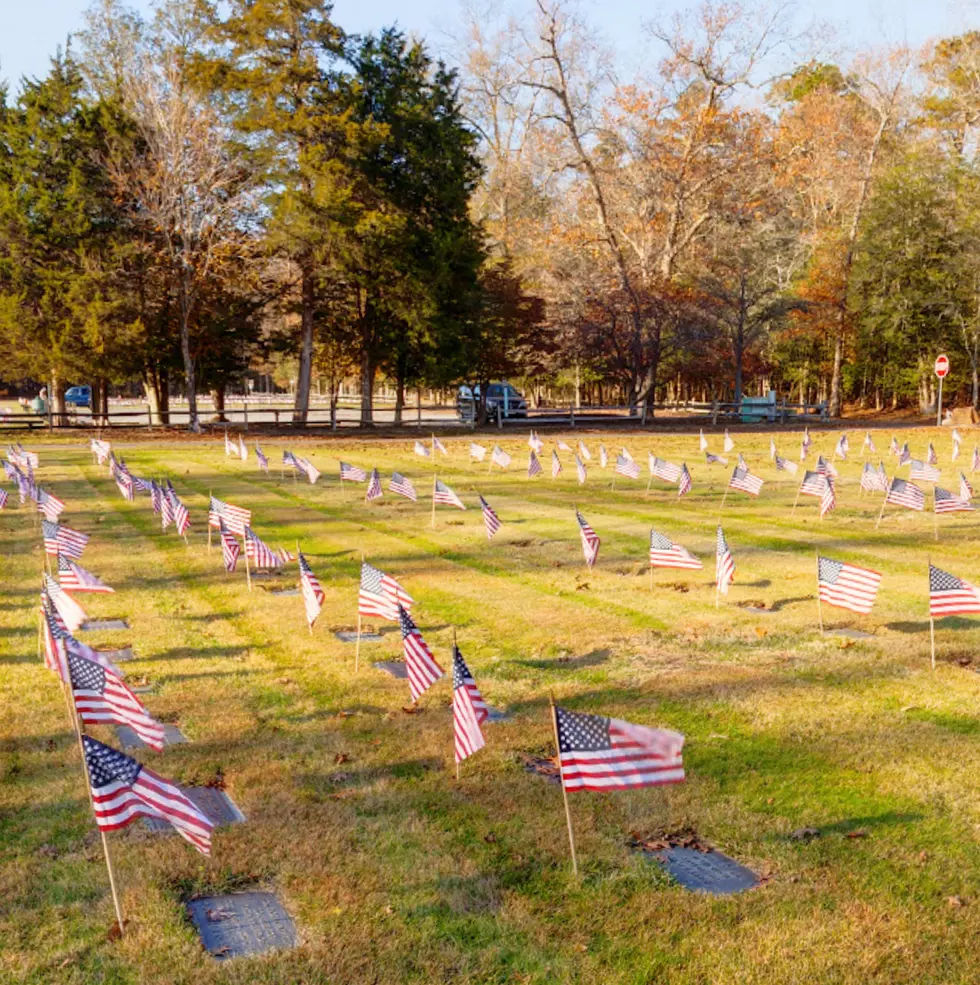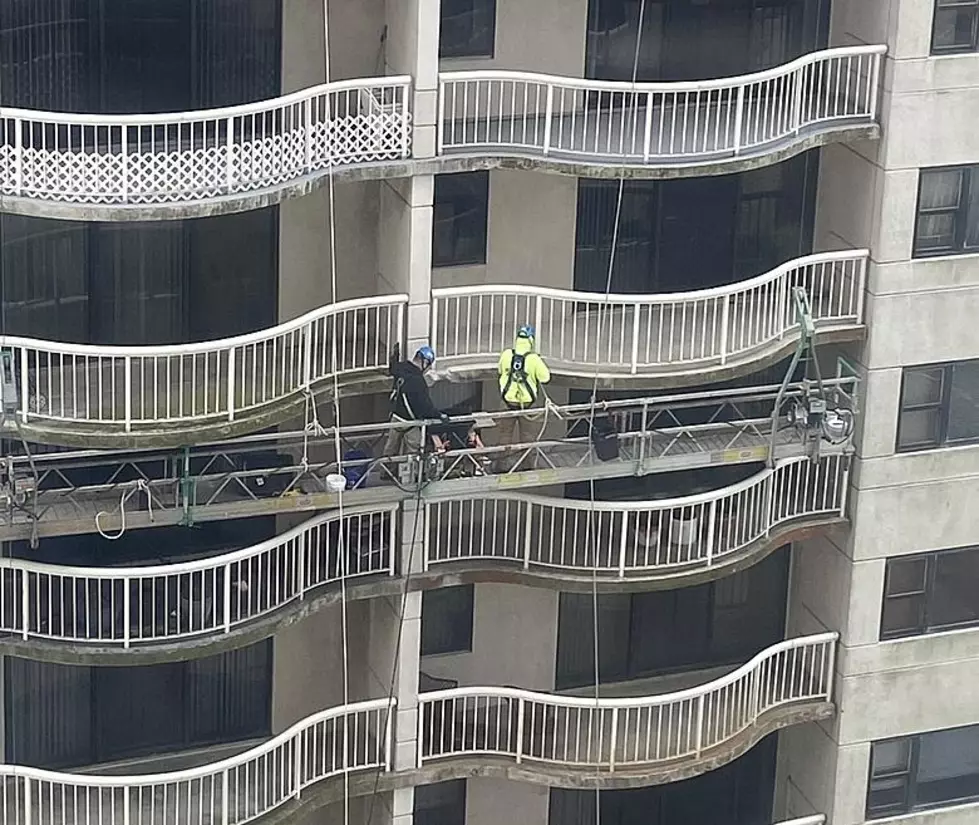Is High School Football Out of Control in NJ and Beyond?
With the arrest of seven juvenile suspects in Sayreville, where some members of the high school football team at Sayreville War Memorial High School were allegedly intimidated, hazed and sexually abused, many are wondering if high school football is out of control in New Jersey?
"Dominant behavior is part of the locker room culture, but the question becomes when does it go too far," said Karl Romain, a former NFL trainer and bullying expert.
While it's still not known what happened in Sayreville, Romain said it may have started as locker room horseplay that spiraled out of control, and it's up to the adults to remain vigilant against this sort of behavior.
"A lot of times, yes, a lot of the adults involved do know," Romain said. "They do know that there is a certain amount of stuff that is going to happen. The question really is how do we as adults monitor the kids who are playing sports to make sure they are not bullying or offending or taking things too far to hurt somebody."
According to the investigation, some of the coaches knew what was going on in that instance, and one coach admitted to encouraging a player to "toughen another player up."
"I think there has to be adult supervision," said Romain. "At this point it's evident that we need adults to pay attention, to watch, to be mindful and to set stricter rules and boundaries of what is acceptable, what is not acceptable. And unless you have that, you're going to continue to have these problems and these issues."
And the problem isn't just in New Jersey. Reports of hazing surface regularly around the country, but rarely do they result in a sports season's cancellation.
One well-publicized exception was Mepham High School on New York's Long Island, which canceled its 2003 season after reports of alleged sexual assaults by upperclassmen on younger players during a preseason trip to Pennsylvania.
Steve Timko, executive director of the New Jersey State Interscholastic Athletic Association, said he couldn't recall any seasons being forfeited because of hazing-related allegations in his 38 years involved with scholastic sports in the state.
"Across the country, 160 thousand kids miss school every day because of bullying, and 3.2 million families are impacted by bullying every single year. Young people must be taught in today's world to be more tolerant of different people and their feelings," Romain said.
Hazing can be harder to define and harder to detect precisely because it occurs within the confines of a closed group such as a team, fraternity or sorority that wields it as a requisite for inclusion, experts say.
"Getting to the root of the problem is difficult when victims, for the most part, are trying to become part of an inner group," said Brendan Dwyer, assistant professor at Virginia Commonwealth University's Center For Sport Leadership and a former college football coach. "They're willing to be part of a hazing ritual if they're going to be accepted on a team."
More From WPG Talk Radio 95.5 FM










